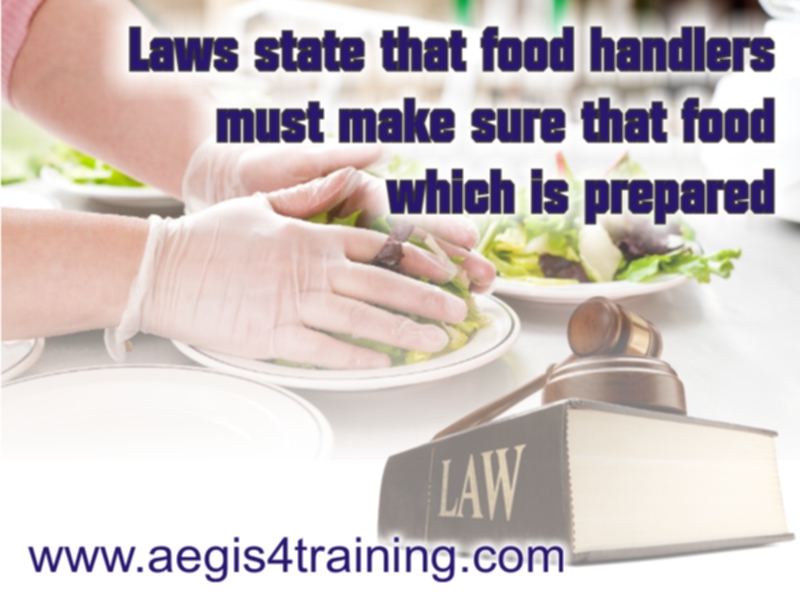
Regulation (EC) No. 852/2004 on the hygiene of foodstuffs.
These settle out the basic hygiene requirements for all aspects of your business, from your
premises and facilities to the personal hygiene of your staff.
One of the key requirements of the law is that you must be able to show what you do to make or sell food that is safe to eat and have this written down. Details of these food safety management procedures are described below.
Management procedures for food safety
You must follow ‘food safety management procedures’ based on the principles of HACCP (hazard analysis and critical control point). You must also:
Keep up-to-date documents and records relating to your procedures
Review your procedures if you change what you produce  or how you work
This means that you must have procedures prepared to manage food safety ‘hazards’ in your business. You must write these procedures down, update them as needed and keep records that can be checked by your local authority.
The regulations are intended to be flexible, so these procedures can be in proportion to the size of your business and the type of work you do. This means that many small businesses will have very simple procedures and records.
If you handle both raw and ready-to-eat food you may need to consider extra procedures to control harmful bacteria.
HACCP is a way of managing food safety. It is based on putting in place procedures to control hazards. It involves:
Focusing closely at what you do in your business and what could go wrong.
Determine the ‘dangerous control points’ – these are the places you need to focus on to avoid hazards or minimise them to an acceptable level.
Putting in place procedures to make sure hazards are controlled at your critical control points.
Deciding what action you need to take if something goes wrong.
Ensure that your procedures are working.
Keeping accurate records to show your procedures  are working.
Most of the people think that HACCP is very complicated, but it doesn’t have to be. The vital thing is to have food safety management procedures that are appropriate for your
business. Remember that there are packs produced by the Food Standards Agency (FSA) that can help you put these procedures in place.
A hazard is something that could be unsafe. And there are a number of different hazards. When we are talking about hazards in relation to food, a hazard is something that could mean that food will not be safe to eat. Food safety hazards can be:
Chemical – involving chemicals getting into food, e.g. cleaning products or pest control chemicals
Microbiological – involving harmful bacteria, e.g. when  certain food is kept out of the fridge for too long and bacteria grow in it
Physical – involving objects getting into food, e.g. broken glass or pieces of packaging
Hazards can happen at any stage in your business – from taking deliveries to serving customers.
Visit Our food safety training page.
